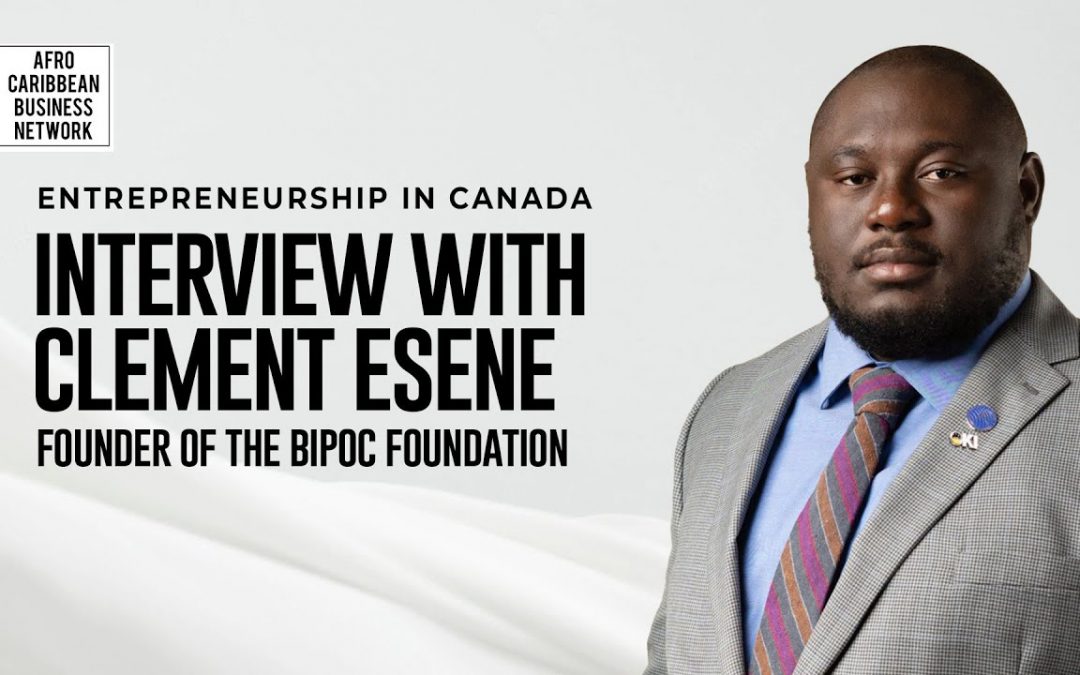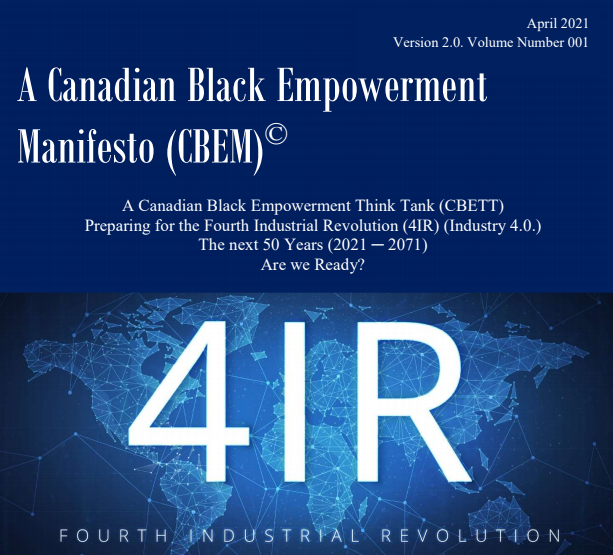Watch the full interview here: https://youtu.be/K0eW63KFGjA As Black entrepreneurs, we pour everything into building our businesses—serving clients, creating opportunities, and investing in our community. But one question often gets overlooked: what happens to all of...










